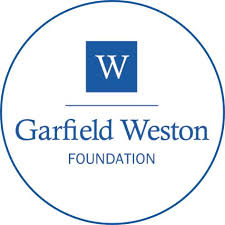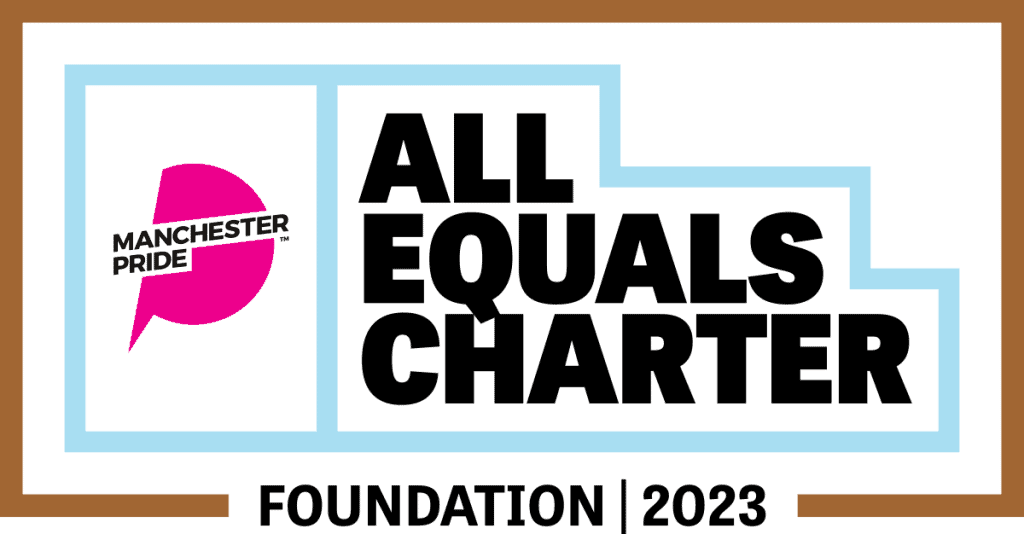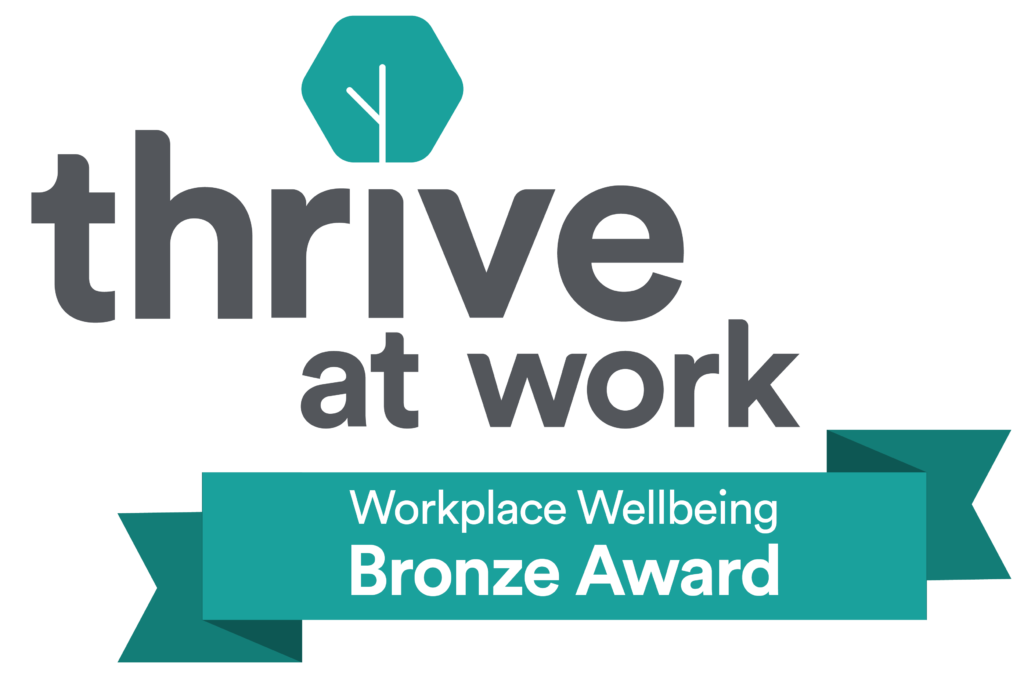The Garfield Weston Foundation is a family founded grant-maker that gives money to support a wide range of charities across the UK. In total we donate around £90 million each year.
We support a wide range of charities that make a positive difference, working in different sectors in the UK. These include welfare, youth, community, environment, education, health, arts, heritage and faith.
The Foundation offers two levels of funding, which can be used towards capital, revenue or project costs:
- Regular Grants of up to £100,000.
- Major Grants of £100,000 and above. (When awarding major grants, the Foundation typically expects the project and organisation’s overall annual income to be in excess of £1 million.)
Typically grants are made for a single year; however, the Trustees may consider a multi-year request for up to three years for previously successful applicants, provided they can demonstrate that a longer term commitment will add value to their organisation’s objectives.
Match funding is required. The Foundation recommends that applicants have around half of their funding identified before applying. Grants tend to be for 10% to 20% of the applicant’s total project costs.
Applications will be accepted from:
- UK registered charities.
- Charitable Incorporated Organisations
- Exempt and excepted under Charity Commission guidance
To be eligible, applicants must have at least one year’s worth of annual accounts and submit one of the following:
- Their annual accounts, independently audited or examined
- A copy of their Charity Commission annual return.
Eligible Expenditure
The funding is for organisations working in the areas of welfare, youth, community, arts, faith, environment, education, health, and museums and heritage.
The grants are to be used for one of three areas:
- Operating/core costs to help with the general costs of running the organisation, such as helping to pay bills or rent and provide support towards salaries.
- Capital projects to help with building works or repairs, or equipment that is necessary for the organisation’s work.
- Projects/specific activities which will have a defined scope of work and timetable.
Projects should fall within at least one of the following categories:
- Arts – Support for a wide range of organisations (from small community theatre groups to national arts galleries) that engage with a variety of audiences and that can demonstrate their impact and quality.
- Community – A large volume of grants are made every year to community projects, many of which rely on the time and goodwill of volunteers. The majority of projects tend to be relatively small compared to other categories due to their local grass-roots nature, and correspondingly the grants made tend to be smaller in comparison. Typical projects supported include revenue grants for volunteering schemes and capital grants for the restoration of village halls and community centres and for facilities to support community life.
- Education – Grants to support education, from small local projects such as reading schemes and after school clubs, to major institutions such as universities.
- Environment – Grants to support a range of environment projects ranging from organisations that raise public awareness of, and find solutions to, specific issues such as sustainable fishing, in addition to charities that undertake active conservation work.
- Faith – Grants to support simple but practical projects that enable religious buildings to be used for an inclusive range of charitable purposes by their local communities. Capital grants include funds towards the installation of basic amenities such as lavatories and kitchen facilities and for restoration works to historic church buildings.
- Health – Grants range from specialist care homes and hospices, charities specialising in the treatment and support for specific illnesses, to translational research focusing on medical breakthroughs that will benefit generations now and in the future.
- Museums and Heritage – Grants to support organisations that conserve and interpret the nation’s heritage for future generations, ensuring it is accessible and available to all.
- Welfare – Grants for charities that work with a variety of causes and groups including the elderly, homeless, disability and special needs and those in the criminal justice system. Grants made reflect a charity’s size and the nature of the work or project being undertaken.
- Youth – Grants for charities that consistently demonstrate the commitment of volunteers and professionals across the country to support and inspire young people to achieve their potential. This includes small local groups, such as girl guides and youth clubs to larger national youth development charities.
The funding is for projects or work that has not finished and is not due to finish within four months of the organisation submitting an application.
How To Apply
The guidelines, faqs, eligibility quiz and online application form can be found on the Foundation’s website. Groups should read the guidelines before starting the application process.
Applications for a Regular Grant of less than £100,000 may be made at any time throughout the year and will be reviewed on an ongoing basis. There are no deadlines. It takes around four months from the time an application is received to notification of a decision.
Major Grants cannot be applied for via the Foundation’s website. Instead, applicants should email a one page summary to Grants Assistant Ciara Molloy ([email protected]) outlining what they are raising funds for, the total cost and fundraising target. They will then be given bespoke guidance on whether they are eligible. Charities applying for £100,000 or more are expected to have an annual income in excess of £1 million.
Applicants must wait a full year before applying again. The year is calculated by the date of the Garfield Weston Foundation email letting them know whether or not their previous application was successful.
Contact the Garfield Weston Foundation for further information.





